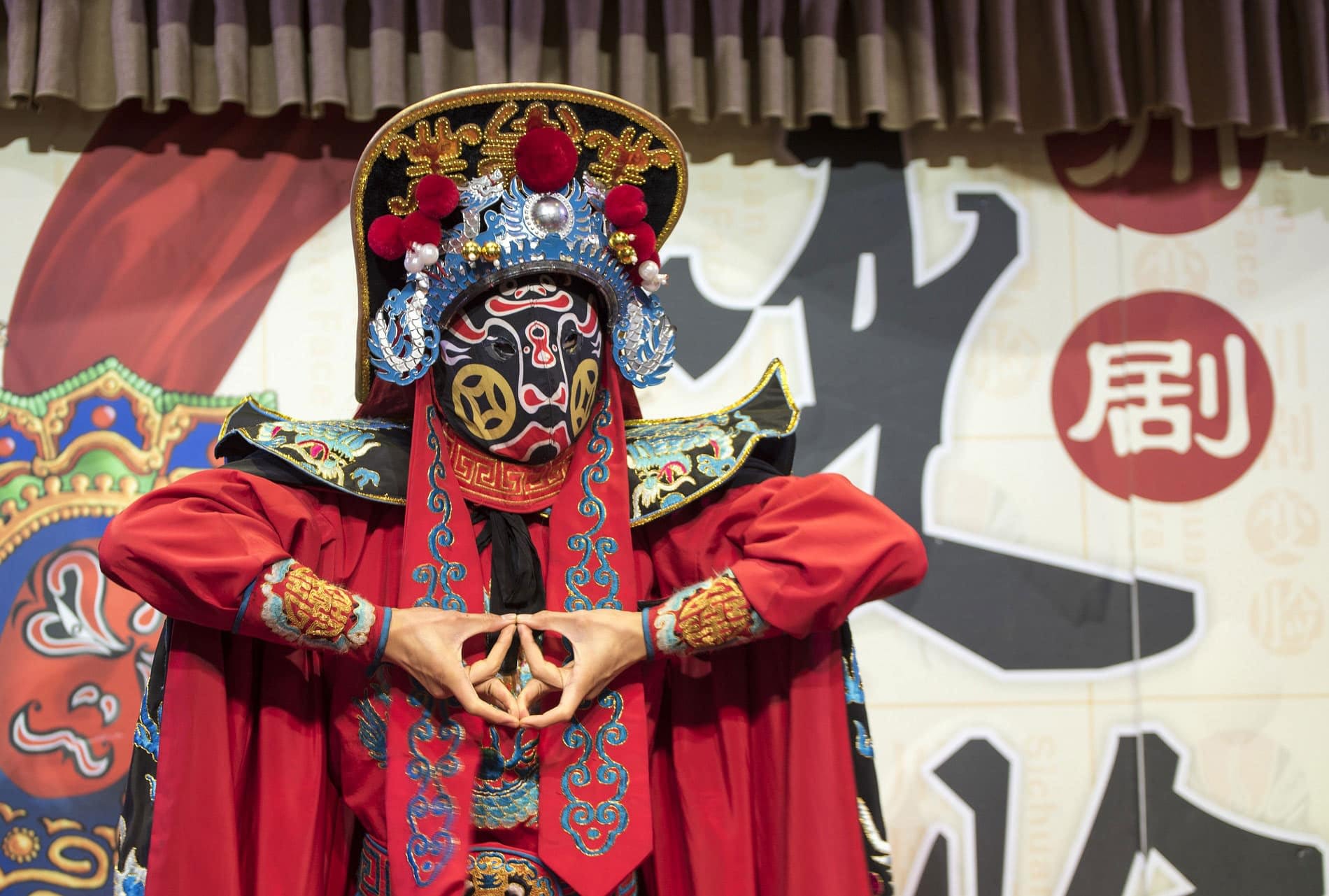

was much better compared to the life of the highly-skilled, overworked, and underpaid performers of the Peking Opera back in communist China. Way back in 1949, after the CCP usurped power in that year, it wreaked havoc on traditional Chinese culture and transformed the orthodox Peking Opera into a retrograde form that emphasized struggles and strife, which deeply saddened some of the artists. However, Qi Shufang said in an interview with the media in the United States that she led a group to tour Europe and the United States that year, giving her the idea of spreading the essence of Peking Opera art to countries overseas and this is why she made up her mind to stay in the United States. Qi Shufang and the others believed that they would earn more than their domestic salary in a month by washing dishes in a restaurant, so they decided not to return to mainland China. Gong Guotai later recalled that the gap in the quality of life between China and the United States was too great. This event unexpectedly ended their 14-year marriage. They all sought asylum in the United States. This news shocked the Shanghai Peking Opera Theatre and even the entire Shanghai cultural establishment, as well as the nation.Īt that time, Qi Shufang’s husband Gong Guotai, whose duties in the Shanghai Peking Opera were composition, orchestration, and vocal design, did not follow the crew to the United States due to travel restrictions imposed on citizens traveling abroad. They decided to stay and did not return to mainland China. In 1988, Qi Shufang took the opera troupe to perform in the United States. Unexpectedly, more than 30 members of the crew led by Qi Shufang herself all defected. Even the Japanese media called her the “Japanese favorite opera artist.” Wherever she went, her wonderful performances amazed the audience.

In the same year, Qi led a delegation to participate in the Vienna International Arts Festival and also visited Japan and other places. Mao Zedong and Zhou Enlai personally received the troupe members, believing that Qi Shufang had a promising future and asked her to work harder. In 1967, Taking Tiger Mountain by Strategy caused a sensation in Beijing. Peking opera performance of Taking Tiger Mountain by Strategy caused a sensation in Beijing 1 Wudang martial artist in Peking Opera in China, and her third brother Qi Yingqi was a Peking Opera martial artist.

Her sister-in-law Zhang Meijuan was the No. Qi Shufang was born in 1942 into a Peking Opera family. Her elder brother Qi Yingcai was the deputy dean of the Shanghai Peking Opera House. It recounts Yang Zirong infiltrating the bandits’ stronghold that led his unit to defeat the more well-equipped bandits. Qi Shufang, who took the main role in the opera Taking Tiger Mountain by Strategy, led the defection of the crew to the United States. Qi Shufang was a household name in the 1970s in mainland China. The play portrays Yang Zirong (1917-1947), a real-life character and the protagonist of the opera story.


 0 kommentar(er)
0 kommentar(er)
